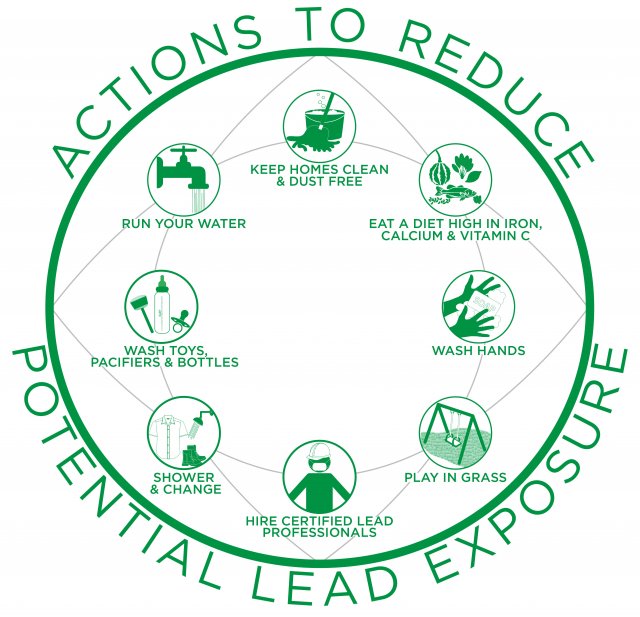Tribal Lead Curriculum
El Plan de estudios de concientización sobre el plomo está disponible en español en espanol.epa.gov/plomo/concientizacion-sobre-el-plomo.
Lead Awareness in Indian Country: Keeping our Children Healthy!
The Lead Awareness in Indian Country: Keeping our Children Healthy! Curriculum is a robust set of educational tools that provide practical, on-the-ground, community-based resources to reduce childhood lead exposure in communities. The Curriculum creates a starting point to hold informed conversations within communities to teach parents and caregivers about lead. The Curriculum also empowers individuals to act within their own homes to protect their children and communities from potential lead exposure.
The Curriculum was designed with over 200 Tribal partners to:
- Raise awareness in Tribal communities (and other interested communities) about childhood lead exposure;
- Expand understanding of lead’s potential impacts on children’s health and cultural practices; and
- Encourage actions that can be taken to reduce and/or prevent childhood lead exposure.
On this page:
Curriculum Materials
The Curriculum materials are designed to be taught by community leaders with experience educating and training members of their community but does not require instructors to be experts on lead or lead exposure. Community leaders may include teachers, outreach specialists, educators, environmental staff, social workers, community health workers and youth leaders.
Each module includes a:
- Lesson plan - a detailed guide on how to teach information in each module;
- Presentation slides - the main tool used to deliver the lesson plan to participants;
- Worksheet - an interactive tool to facilitate discussion and review significant concepts;
- Key messages - an outline of main points of information for participants to remember;
- Kids activity sheet - a handout for elementary school children that present easier to understand concepts from each lesson plan; and
- Appendices - supplemental information to assist instructors.
Explore and download Curriculum materials individually by using the table below. Or check out and use the Curriculum Guidebook, which combines all materials, except presentation slides, into one document. The Curriculum is also now available in Spanish at espanol.epa.gov/plomo/concientizacion-sobre-el-plomo.
|
Curriculum Materials |
||
|---|---|---|
| Section | Description | Materials for Download |
|
Introductory Materials 
|
This section provides information on how to use materials within each module to teach the Curriculum in your community. | |
|
Module 1: Understanding Lead 
|
Module 1: Understanding Lead - educates participants on potential sources of lead exposure, and lead’s impacts and health effects on humans, wildlife, the environment and cultural practices. |
|
|
Module 2: Effective Cleaning Techniques 
|
Module 2: Effective Cleaning Techniques - explains and demonstrates cleaning techniques recommended to reduce household lead dust and potential lead exposure in the home. | |
|
Module 3: Personal Hygiene and Nutrition 
|
Module 3: Personal Hygiene and Nutrition - focuses on how good personal hygiene habits and healthy nutritional practices may limit absorption of and reduce exposure to lead in children. | |
|
Module 4: Hiring Certified Lead Professionals 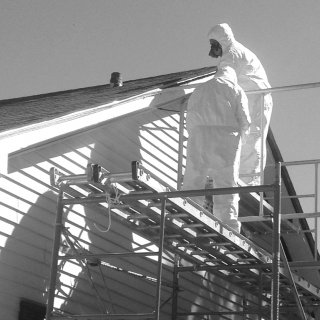
|
Module 4: Hiring Certified Lead Professionals - informs participants on what to do if a home, child care facility or preschool built before 1978 contains lead-based paint. | |
|
Appendices 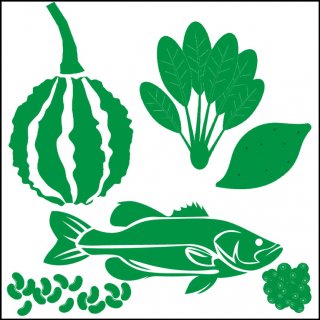
|
Provides supplemental information to aid instructors. | |
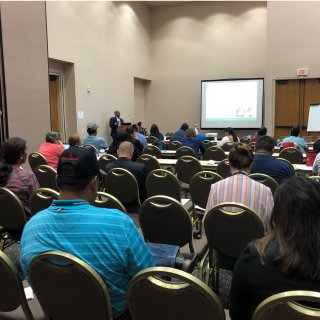
|
More resources for and materials for community leaders interested in modifying and using the curriculum for their community. |
|
|
Resources for EPA Sessions 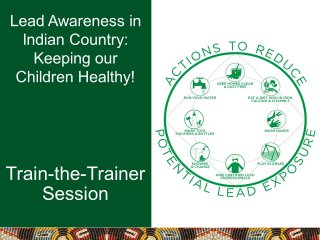
|
Copies of the slides used for the Lead Awareness Curriculum Train-the-Trainer and Understanding Lead educational sessions. |
|
Outreach Materials
The Actions to Reduce Potential Lead Exposure Infographic (Infographic) is a visual aid designed to show participants actions they can take to lower and prevent their family’s potential exposure to lead. These eight actions are highlighted and discussed throughout the Curriculum:
- Keep Homes Clean & Dust Free.
- Eat a Diet High in Iron, Calcium & Vitamin C.
- Wash Hands.
- Play in Grass.
- Hire Certified Lead Professionals.
- Shower & Change.
- Wash Toys, Pacifiers & Bottles.
- Run Your Water.
The Infographic is a flexible communications tool that can be used by instructors and communities to:
- Announce the Curriculum – Use the Infographic on flyers.
- Evaluate Learning – Use the Infographic to check knowledge and reiterate actions.
- Remind Participants – Use the Infographic as part of follow-up actions to remind participants how to take actions that may prevent potential exposure to lead.
- Inform Non-participants – Use the Infographic as a stand-alone resource to educate the community about preventable actions that can be taken to reduce potential lead exposure.
Use the outreach materials for promoting the Curriculum or sessions in your community:
- Infographic - Click on the image above to download a copy.
- Poster - This may be customized to include an organization’s logo ( 11x17 Modifiable Educational Poster (pptx) ). A PDF version is also available.
- Flyer - This may be customized to include an organization’s logo and event information ( 8x10 Modifiable Flyer (pptx) ).
Upcoming Sessions
Visit epa.gov/lead/community-lead-awareness-sessions to find an upcoming Lead Awareness Curriculum Train-the-Trainer or Understanding Lead session near you!
Past presentations
- Train-the-Trainer Webinars - Sessions for community leaders to learn how to use and modify the Curriculum. Watch a recording of this informative session in English or Spanish. A PDF of the presentations slides is available in both English and Spanish.
- Understanding Lead Webinars - An informative session to learn about lead, its impacts, and preventing potential lead exposure and lead poisoning. Watch a recording of this webinar in English or Spanish. A PDF of the Understanding Lead Webinars slides is available in both English and Spanish.

